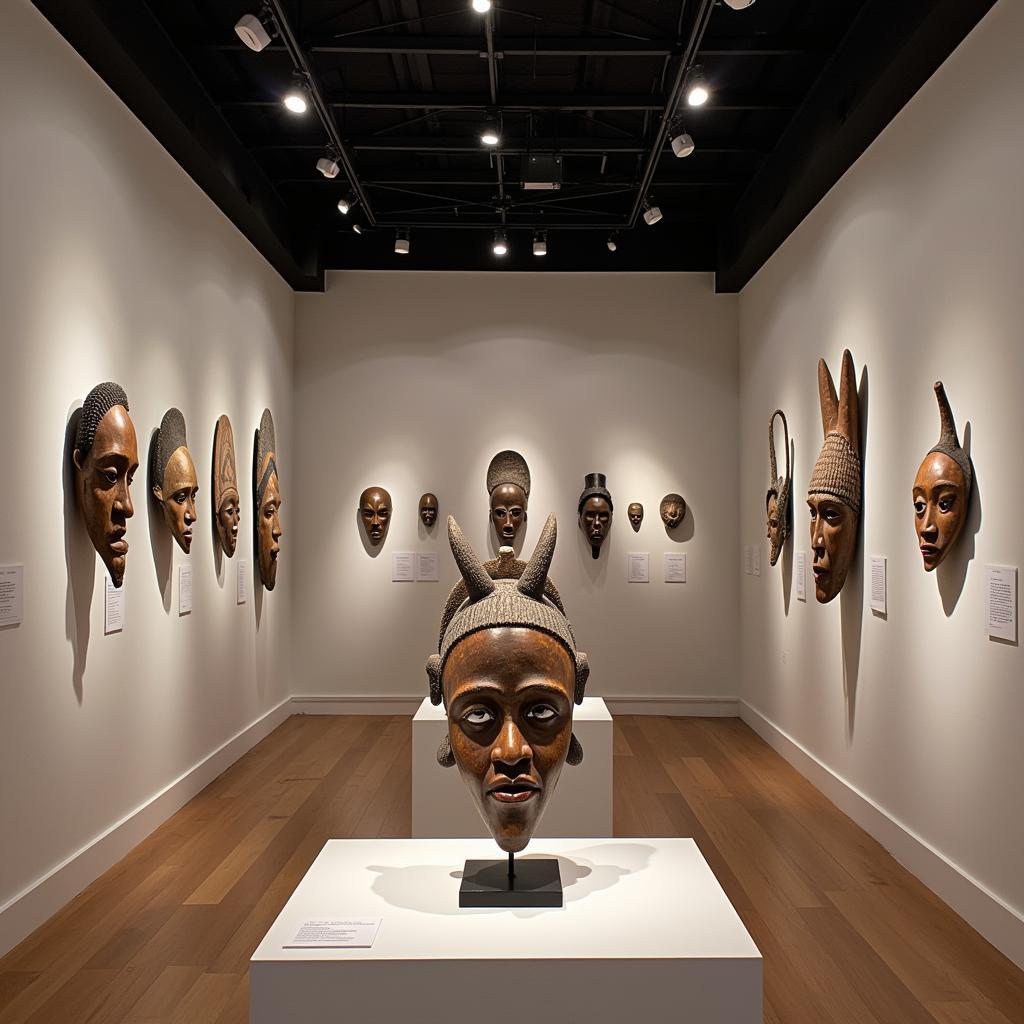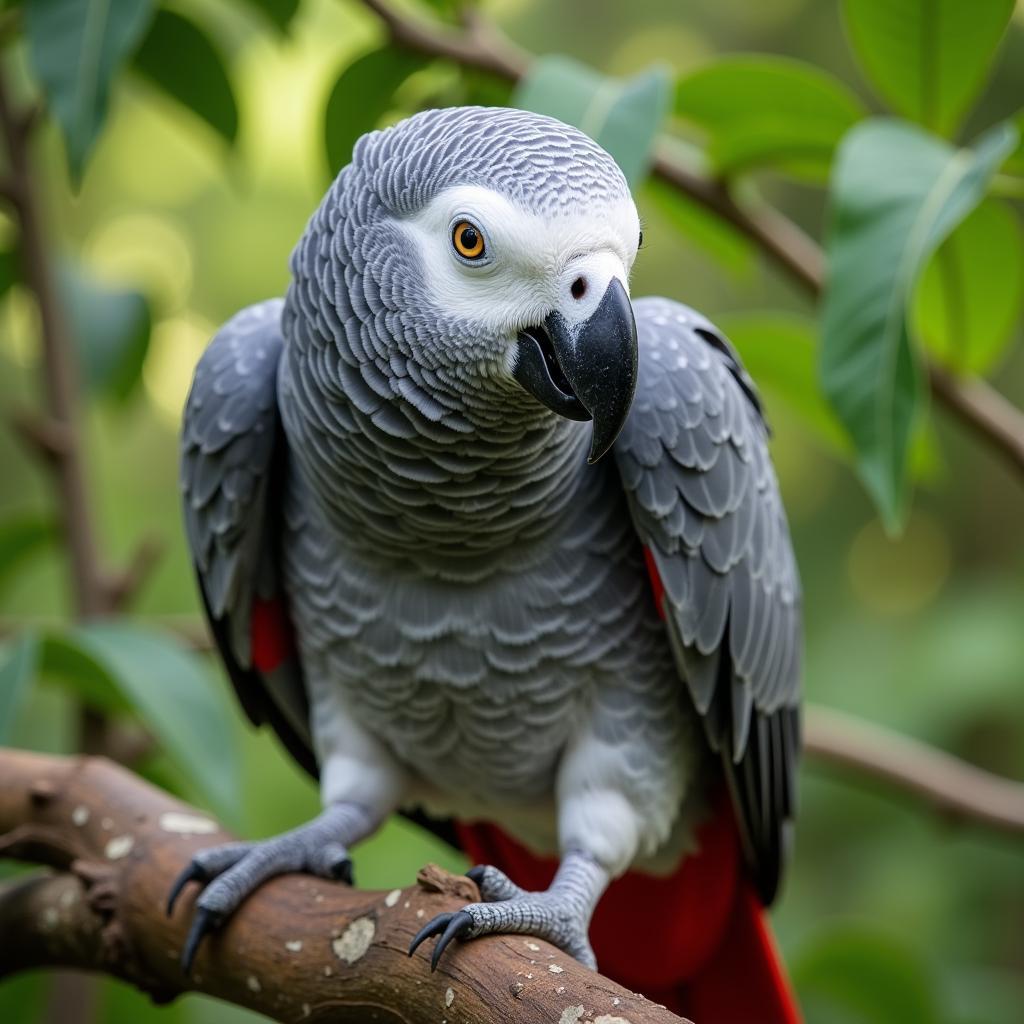10 Fun Facts About African Wild Dogs
African wild dogs, also known as painted wolves or Cape hunting dogs, are fascinating creatures found in the sub-Saharan African savannas, woodlands, and mountainous areas. These highly social animals are known for their unique and intriguing behaviors. Let’s dive into some fun facts about these often-misunderstood predators.
A Pack of Painted Pups: Unique Social Structures
African wild dogs are incredibly social, living in packs led by a dominant alpha pair. Unlike other canine species, it’s typically the female who leads the pack. This matriarchal structure is quite rare in the animal kingdom. Pups are born in dens and cared for communally, with the entire pack contributing to their upbringing. This cooperative approach ensures the survival of the young in the harsh African wilderness.
It’s also interesting to note that these painted wolves have a unique vocalization repertoire, including whistles, hoots, and clicks, which they use to communicate with each other during hunts and other social interactions.
Masters of the Chase: Incredible Hunting Prowess
African wild dogs are incredibly efficient hunters, with a success rate of up to 80%, far exceeding that of lions or cheetahs. Their coordinated hunting strategies involve chasing down prey over long distances, tiring them out before making the kill. This persistence and teamwork make them formidable predators. They often target medium-sized antelopes but have been known to take down much larger prey like wildebeest when hunting cooperatively.
Their painted coats, a patchwork of brown, black, yellow, and white, provide excellent camouflage in their varied habitats, allowing them to blend seamlessly into their surroundings while stalking prey.
Vomiting for the Family: A Unique Way of Caring
One of the most unusual facts about African wild dogs is their habit of regurgitating food for both pups and adults who couldn’t participate in the hunt. This behavior reinforces the strong social bonds within the pack and ensures that everyone gets a share of the meal. This act of sharing is essential for the survival of the pack, especially during times of scarcity.
Their slender bodies and long legs are built for endurance, allowing them to cover vast distances during their hunts and patrols. They can reach speeds of up to 60 kilometers per hour, pursuing their prey relentlessly.
What Do African Wild Dogs Eat? A Look at their Diet
African wild dogs primarily prey on impala, gazelles, and other antelopes. Their diet also includes smaller mammals like rodents and hares. Their powerful jaws and sharp teeth make quick work of their prey.
Where Do African Wild Dogs Live? Their Preferred Habitats
African wild dogs are found in several countries across sub-Saharan Africa, including Botswana, Tanzania, and Zimbabwe. They prefer open woodlands, savannas, and grasslands where they have ample space to roam and hunt. These habitats also provide the necessary cover for denning and raising their young. You can find more information on African wildlife on Wikipedia.
Endangered and Vulnerable: The Threats They Face
Sadly, African wild dogs are classified as endangered, facing threats from habitat loss, human-wildlife conflict, and diseases like rabies and canine distemper. Conservation efforts are crucial to protect these unique and valuable animals. For a deeper dive into African animals, you can check out Wikipedia’s page. If you’re interested in seeing these magnificent creatures in the wild, consider visiting some of the best wildlife destinations in Africa. You might be interested to know more about the African grey parrot temperature humidity.
Do African Wild Dogs Bark? Their Distinctive Vocalizations
African wild dogs don’t bark like domestic dogs. Instead, they communicate through a series of whistles, hoots, and chattering sounds, creating a unique symphony in the African bush.
How Fast Can African Wild Dogs Run? Speed Demons of the Savanna
African wild dogs can reach impressive speeds of up to 40 miles per hour (60 kilometers per hour) during chases, making them one of the fastest land mammals in Africa. This speed, combined with their endurance, allows them to outrun their prey over long distances.
How Long Do African Wild Dogs Live? Their Lifespan in the Wild
In the wild, African wild dogs have a lifespan of around 10-12 years. However, factors like disease and human conflict can significantly shorten their lives.
Why Are African Wild Dogs Called Painted Dogs? Their Unique Coat Pattern
The name “painted dog” refers to their striking and irregular coat patterns, a unique mix of brown, black, yellow, and white patches. No two painted dogs have the same markings, just like human fingerprints!
“The social structure of African wild dogs is truly remarkable, demonstrating a level of cooperation rarely seen in other canine species,” explains Dr. Sarah Jones, a wildlife biologist specializing in African canid behavior.
“Their unique coat patterns not only provide camouflage but also serve as individual identifiers within the pack,” adds Dr. Jones.
“The decline in African wild dog populations is a serious concern, highlighting the importance of conservation efforts to protect these incredible animals,” concludes Dr. Jones.
Conclusion
African wild dogs are fascinating animals with unique behaviors and a vital role in the African ecosystem. Understanding and appreciating these 10 Fun Facts About African Wild Dogs helps us recognize the importance of protecting these endangered creatures and ensuring their survival for future generations.
FAQ
- Are African wild dogs dangerous to humans? Generally, African wild dogs avoid humans. However, like any wild animal, they should be treated with caution and respect.
- How many African wild dogs are left in the wild? Estimates suggest there are fewer than 7,000 African wild dogs left in the wild.
- What is the biggest threat to African wild dogs? Habitat loss, human-wildlife conflict, and diseases are the biggest threats.
- Do African wild dogs live in families? Yes, they live in packs, which are essentially extended families.
- What is the scientific name for African wild dogs? Lycaon pictus.
- Can African wild dogs be domesticated? No, they are wild animals and not suitable for domestication.
- How can I help protect African wild dogs? Supporting conservation organizations and spreading awareness about their plight are essential steps.
Looking for more information on African wildlife? Explore our articles on African countries with the best wildlife.
When you need assistance, please contact us at Phone: +255768904061, Email: kaka.mag@gmail.com Or visit us at: Mbarali DC Mawindi, Kangaga, Tanzania. We have a 24/7 customer service team.



